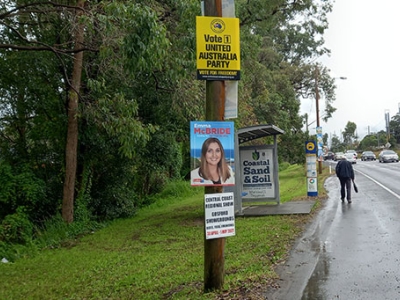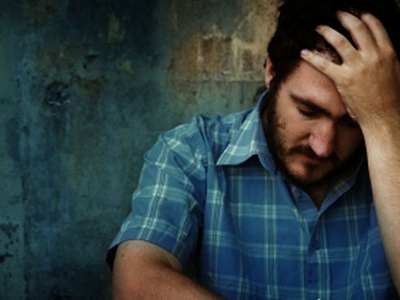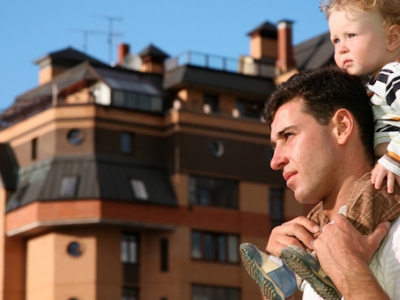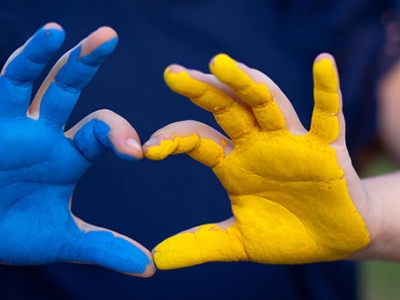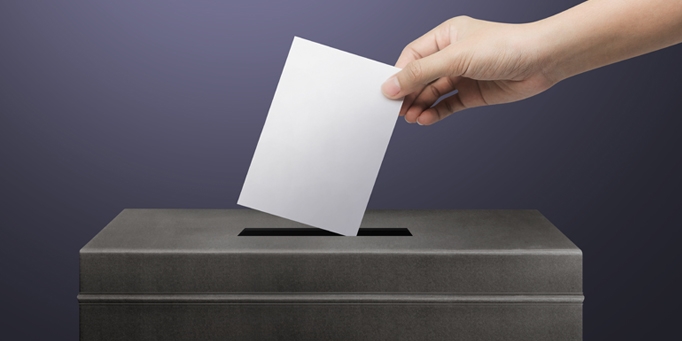
Mum/dad, what’s a referendum?
Talking with kids about the Voice to Parliament.
In recent weeks, Australian kids have started noticing that our country is in ‘referendum mode’. They’re pulling leaflets out of the mailbox, seeing signs in people’s windows and hearing the adults around them discussing the arguments for ‘Yes’ or ‘No’.
So how can we explain what is happening in a way that our children will understand?
What’s a referendum?
A referendum is a vote asking all Australians to answer ‘Yes’ or ‘No’ to a question about changing the Australian Constitution. It is compulsory—all Australian citizens have to vote.
What’s the Australian Constitution?
The Constitution is a set of rules about how Australia is governed. It has eight chapters which describe how decisions and laws will be made for the whole country and for each state—through the parliaments, where our elected representatives meet.
For more about elections, see our article ‘Mum, who are those faces on the telegraph pole?’.
The Australian Constitution is different to the Constitution of the United States of America, because it does not contain a ‘bill of rights’. In Australia, people’s rights are protected by the laws made by the parliaments and by the courts.
Do we have to vote on every law?
No, usually the state and federal governments (or other members of parliament) suggest laws which then have to be debated and accepted by the parliaments. This means that for most laws, we rely on the people who were voted in to represent us to decide on the best way to run our country.
But when it comes to the Constitution, any changes have to be approved by the people of Australia through a referendum. If the people say ‘Yes’ then the Constitution must be changed.
Sometimes, the government will ask the people of Australia to say ‘Yes’ or ‘No’ to another change to the law, one which doesn’t affect the Constitution. This is called a plebiscite. The result of this kind of vote can help the government to make their decision, but it doesn’t legally have to be followed. A postal plebiscite was held in 2017.
Have there been many referendums?
Yes, there have been 44 referendums since the Constitution was established in 1901. Only eight of those referendums have been ‘carried’ or ‘passed’ (that is, the ‘Yes’ vote won). The 1967 Referendum about recognising Aboriginal people in the Constitution as equal citizens passed by a huge majority of 90%. The last referendum was held in 1999.
How can a referendum get passed? When does a ‘Yes’ vote win?
A referendum can only be passed, and the Constitution changed by a ‘double majority’ of voters. That means, more than half of Australians overall need to vote ‘Yes’ and more than half of the voters in at least four states (that is, more than half of the states) need to vote ‘Yes’.
What is the question in this referendum?
This referendum is about whether we will add a ninth chapter to the Constitution called ‘Recognition of Aboriginal and Torres Strait Islander Peoples’. The chapter will say:
In recognition of Aboriginal and Torres Strait Islander peoples as the First Peoples of Australia:
there shall be a body, to be called the Aboriginal and Torres Strait Islander Voice;
the Aboriginal and Torres Strait Islander Voice may make representations to the Parliament and the Executive Government of the Commonwealth on matters relating to Aboriginal and Torres Strait Islander peoples;
the Parliament shall, subject to this Constitution, have power to make laws with respect to matters relating to the Aboriginal and Torres Strait Islander Voice, including its composition, functions, powers and procedures.
Why has this change to the Constitution been suggested?
In 2017, a group of Aboriginal and Torres Straight Islander leaders came together and wrote something called the ‘Uluru Statement from the Heart’ which calls for Australia to recognise and protect indigenous rights through: an Indigenous Voice to Parliament, a treaty between governments and indigenous communities and a process of ‘truth telling’ about Australia’s colonial history. The referendum is about the first one of their recommendations.
The Indigenous people who are asking for the Voice to Parliament believe that it should be enshrined in the Constitution so that it cannot be abolished by future governments without another referendum. Some people believe that Aboriginal and Torres Strait Islanders could be recognised in the Constitution by adding an introduction (or ‘preamble’) which would not make any direct changes to the way our government works (this was suggested in the 1999 referendum).
When will the votes be counted?
The votes people cast on polling day, as well as some of the votes that were cast early, will be counted on voting night from 6.00pm. We might be able to know that night if there is a clear ‘winner’ from those votes, but it will probably take several days or weeks for the exact final result to be known. That’s because all of the postal, overseas and early votes need to be counted.
Whatever happens …
As Christians, we believe that Jesus is the only true hope for reconciliation or ‘making up’ between people. Jesus shines a light on our sin and forgives us when we say sorry. Jesus brings all those who believe in him into one family as children of the one true God, filled with his Spirit who is changing us to become more like our Father. The Bible says: ‘Now that you have purified yourselves by obeying the truth so that you have sincere love for each other, love one another deeply, from the heart’ (1 Peter 1:22).
But Jesus calls Christians to love not just other Christians, but all of our ‘neighbours’, just like the Good Samaritan in Jesus’ famous story did (Luke 10:25–37). This referendum is a chance for Christians to love their Indigenous neighbours by finding out about the issues they face and seeking God’s wisdom in how they might best be overcome. But in the words of Indigenous church leader Michael Duckett:
‘Talk about the Voice all you like but may God encourage us, stir our hearts, to spend that same amount of time talking about the spread of the gospel among my people ... vote as God leads, and that’s between you and God. But more importantly, put your efforts, your prayers into the spread of the gospel among my people here so [we] can showcase to the world what it means to be reconciled to the First Nations peoples through Christ Jesus.’
Further reading
'Indigenous Anglicans speak about true reconciliation', Sydney Anglicans.
'The Australian Constitution', Parliamentary Education Office
'Referendums and constitutional change', Human Rights Commmission
'Referendums and plebiscites', Parliamentary Education Office
'Uluru Statement from the Heart', Human Rights Commission
'Referendum dates and results', Australian Electoral Commission
'Referendum FAQs', Australian Electoral Commission
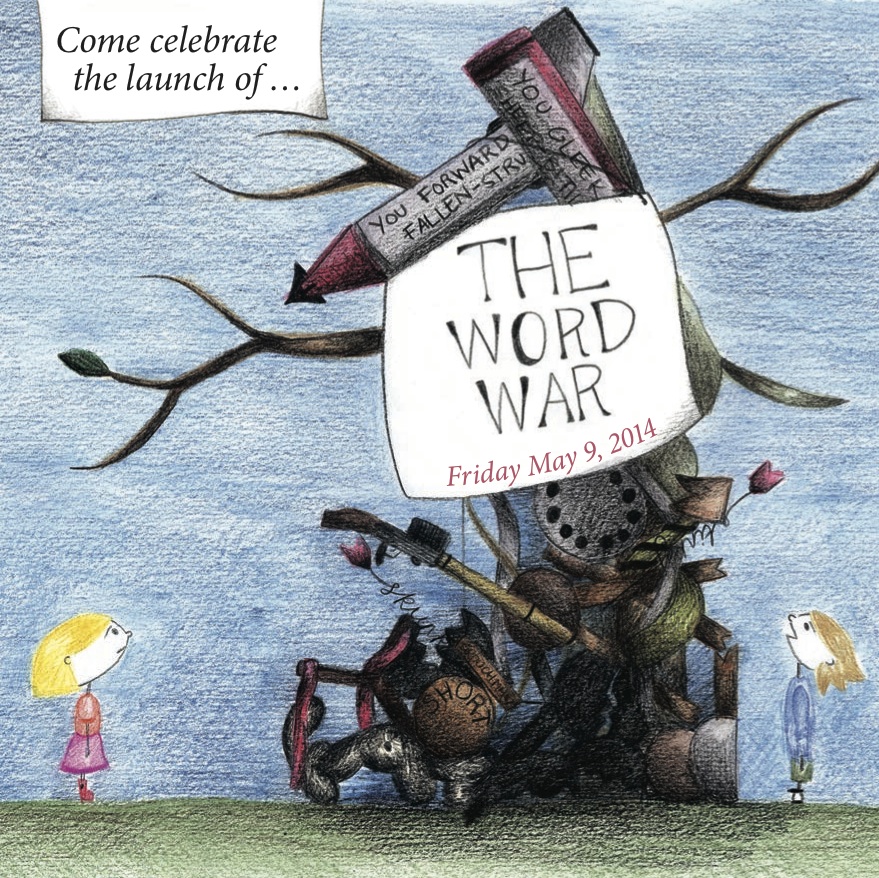
The Word War
Lucy and Zac were the best of friends … until a war of words—silly, thoughtless words—began to fire from both sides.Such words are powerful weapons that can wound and anger the people we care about. But ultimately, Lucy and Zac realise that one particular word, ‘sorry’, when coupled with its response ‘I forgive you’ can break down any barrier.
For more articles from Growing Faith, subscribe to our monthly e-newsletter.
To hear about the latest books and resources from Youthworks Media, subscribe here.


